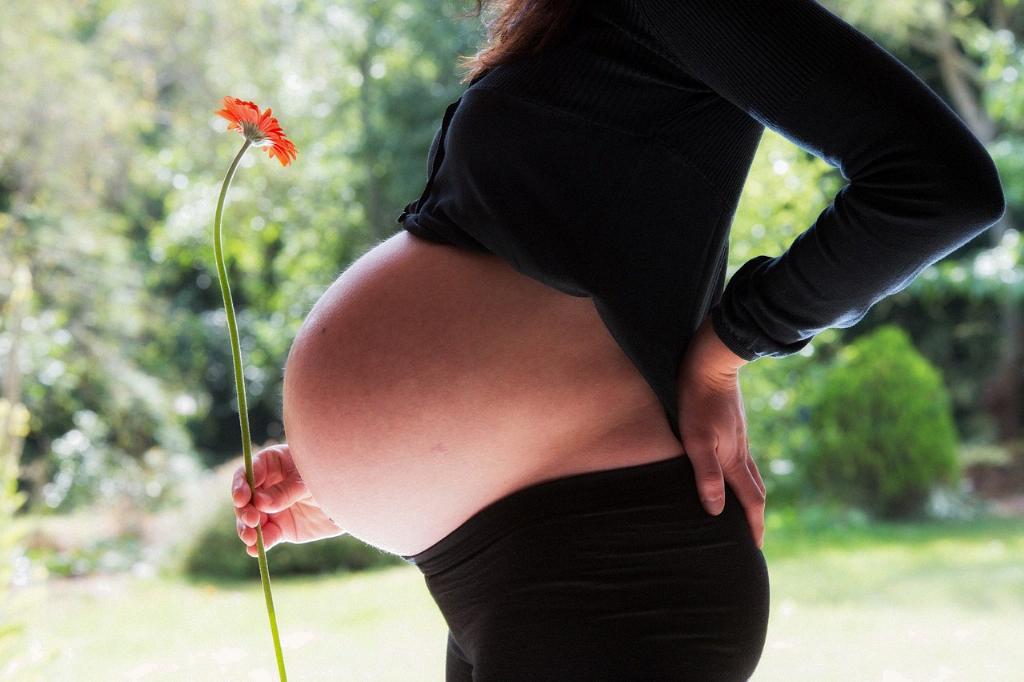When you become pregnant, estrogen plays a crucial role in supporting the entire process. This hormone, produced initially by the ovaries and later by the placenta, is vital for a healthy pregnancy. Estrogen helps the uterus to grow and expand, providing a nurturing environment for the developing fetus.
One of the key functions of estrogen during pregnancy is its role in maintaining the uterine lining. This ensures that the uterus remains healthy and capable of supporting the growing baby throughout the entire pregnancy. Estrogen also regulates other essential hormones in the body, creating a delicate hormonal balance that is necessary for a successful pregnancy.
Estrogen plays a significant role in triggering the development of the baby’s organs during pregnancy. As the fetus grows and develops, estrogen helps to facilitate the proper formation and functioning of vital organs such as the heart, brain, and lungs. Without adequate levels of estrogen, the development of these organs could be compromised.
As pregnancy progresses, estrogen also prepares the body for breastfeeding. This hormone promotes the growth of breast tissue, ensuring that the breasts are ready to produce milk once the baby is born. Estrogen also helps to stimulate the flow of milk, enabling new mothers to nourish their babies effectively.
During pregnancy, estrogen has a profound impact on various aspects of maternal health. This hormone plays a crucial role in maintaining healthy bones and preventing bone loss during pregnancy. Estrogen also helps to regulate body weight and metabolism, ensuring that the mother and baby receive the necessary nutrients for optimal health.
Estrogen is also involved in the development of the placenta, the vital organ that provides oxygen and nutrients to the baby during pregnancy. This hormone helps to ensure that the placenta functions effectively, supporting the growth and development of the fetus throughout the entire pregnancy.
In addition to its physiological effects, estrogen also has significant emotional and psychological effects during pregnancy. This hormone can influence mood and emotions, leading to changes in how pregnant individuals feel and behave. Estrogen can also affect cognitive function, memory, and overall mental well-being during pregnancy.
Estrogen levels fluctuate throughout pregnancy, rising steadily during the first trimester and peaking in the second trimester before gradually decreasing towards the end of the pregnancy. These fluctuations are essential for supporting the various stages of fetal development and ensuring a successful pregnancy.
It is important for pregnant individuals to maintain healthy levels of estrogen throughout pregnancy to support fetal growth and development. Eating a well-balanced diet, staying active, and following medical advice can help ensure that estrogen levels remain within the optimal range for a healthy pregnancy.
Overall, estrogen plays a critical role in pregnancy, supporting the growth and development of the fetus, maintaining maternal health, and preparing the body for childbirth and breastfeeding. This hormone orchestrates a myriad of physiological processes that are essential for a successful pregnancy and the birth of a healthy baby.

